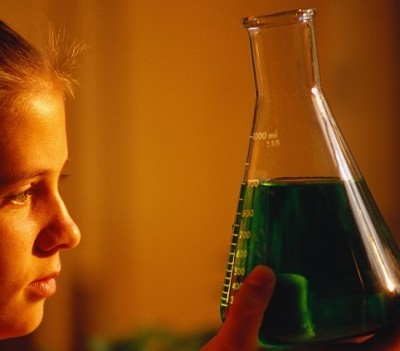PCPC says allergy-inducing preservative used in baby wipes is safe for rinse off applications

In a statement issued by the industry body, its chief scientist Dr. Halyna Breslawec stressed the fact that current MIT safety recommendations relate to its use in rinse off products.
Research that was published earlier this month in the Pediatrics journal showed that the allergic reaction had been recorded in children when used as a leave on application for baby wipes.
“We are aware of reports about increased sensitization resulting from greater use of methylisothiazolinone (MIT) alone as a preservative and varying opinions in Europe on further limiting the use of MIT in cosmetics,” said Breslawec.
“Currently in the U.S., the Cosmetic Ingredient Review (CIR) Expert Panel limits MIT as a preservative in cosmetics and personal care products up to 0.01% (100 ppm). MIT is used in products such as shampoos and conditioners that are rinsed off.“
CIR set to reassess safety recommendations for MIT in March
The PCPC stressed the important role that preservatives help to play in keeping microbial contamination of cosmetic products occurring during the typical use of a product, but also stated that the current research concerning MIT has prompted the body to review the situation.
“In light of new data, the Personal Care Products Council and its members are evaluating information relevant to exposure to MIT as used in North America and will report those findings to the CIR, an independent body of scientific and medical experts that assesses the safety of ingredients used in cosmetics in the U.S,” Breslawec stated.
The Cosmetics Ingredient Review panel has pledged to reassess the use of MIT in cosmetics at its upcoming meeting, which is scheduled to take place in March 2014.
Research uncovered cases of severe allergic skin reactions
The research into the allergic reaction to wipes was carried out by Dr. Mary Wu Chang and Radhika Nakrani at the University of Connecticut School of Medicine and involved six cases of children known to have had a reaction to the preservative, which is commonly used in a host of personal care and household products.
For many years MIT was used in combination with Methylchloroisothiazolinone (MCI), but more recently it has been increasingly used on its own because of known problems with allergic contact dermatitis (ACD) thought to have been more associated with MCI.
The research found that the six children were suffering from chronic, perianal/buttock, and facial eczematous dermatitis following use of baby wipes containing MCI/MIT).
US media pounces on the story...
The article in the journal was picked up on by US media and the story has since appeared in a cross-section of national news publications.
“They’re so convenient. I have three kids so I know how hard it is to do the changes, especially when you’re traveling,” said Dr. Chang in an interview with NBC.
“But maybe when you’re at home, it would be better to use a gentle cleanser and water. That way you minimize exposure.”









